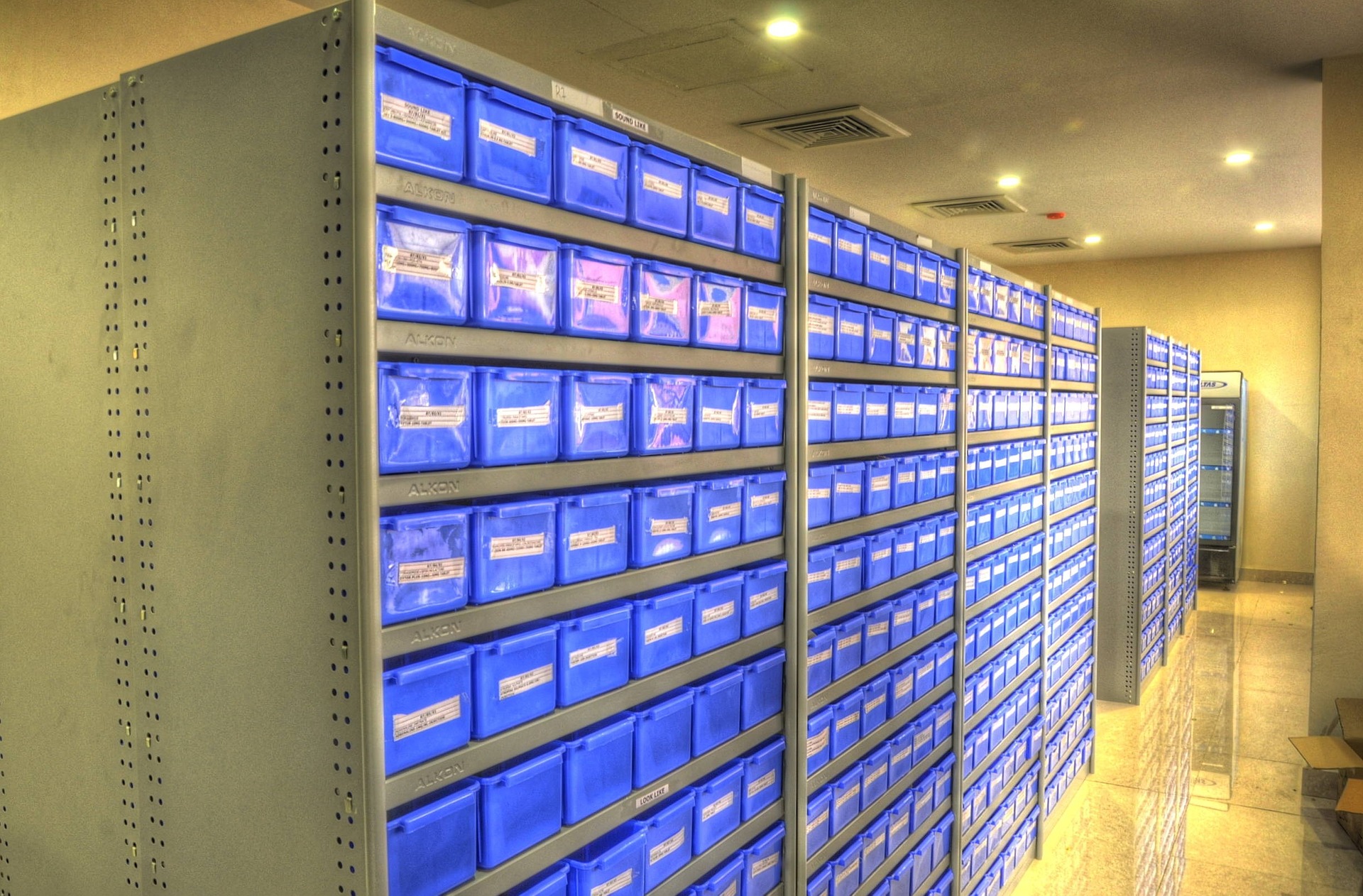During the course of this global pandemic, there is a need to closely monitor essential life-saving resources such as the COVID-19 vaccines. The pandemic has shown how vital every aspect of vaccines’ development and the administration process is when communicating to the public. This includes aspects of vaccines’ supply chain and logistics. Hospital pharmacists across Europe managed to quickly set up vaccination centres in their hospitals and supported the healthcare system’s transformation in order to provide vaccination in the most efficient way to the public. Through understanding all necessary prerequisites for proper transportation and handling of vaccines, hospital pharmacists helped shape and gain patients’ confidence in vaccination and its effectiveness.
Patients’ confidence in the storage, handling and security of the COVID-19 vaccines is essential in building trust that best practices for cold chain throughout the supply chain are followed. Moreover, storage, preparation and administration of vaccines within the healthcare settings need to be carried out in a way that all safety and security measures observe the best standards to avoid vaccines’ mishandling. Ensuring the proper receipt, storage, handling and distribution of the vaccines is also of utmost importance both for healthcare providers and patients.
A crucial aspect of providing proper information on vaccines to the public is transparent discussion around vaccines’ integrity and supply chain capacity. This does not only entail involving vaccines’ manufacturers, but also those responsible for the availability of vaccine components and additional resources, such as low dead space syringes, vials and alcohol swabs. Supply chain specificities, including cold chain logistics, storage and distribution of vaccines within a country and healthcare settings, also play an important part when providing proper information to the public and avoiding misinformation surrounding COVID-19 vaccines, which generates patients’ hesitancy. Hospital pharmacists across Europe assure that cold chain management and proper storage conditions are followed in order to prevent vaccines deterioration throughout the shelf-life period. Systems put in place to guarantee the traceability of vaccines across healthcare settings are essential in securing that real-time information is available on who got the vaccine where and when.
To meet the additional challenges of having multiple types of vaccines with different risk profiles, hospital pharmacists play a pivotal role in relation to all adverse events. No matter how rare these are, they need to be identified and reported to the authorities with the highest accuracy. Moreover, hospital pharmacists are situated at the interconnection of the supply chain, adverse-event reporting and immunization information systems, which gives them even more responsibility in detecting signals of safety concerns and tracking administered vaccines regardless of a supplier, healthcare setting or country. Together with other healthcare professionals, hospital pharmacists are able to react in a timely manner and provide optimal care and prevention services to their patients, ensuring their trust in vaccination is safeguarded.
Across European hospitals, hospital pharmacists, as trusted healthcare providers, contribute immensely to combating misconceptions surrounding the administration of COVID-19 vaccines through educating fellow healthcare professionals. This is essential in spreading further the same message to the general public via coordinated and transparent ways followed by all healthcare professionals. Hospital pharmacists are committed to delivering evidence-based information, which will not only prove useful in countering misbelieves but helps build and maintain the trust of every single patient in a respective healthcare system. Moreover, hospital pharmacists contributed to removing barriers to achieving vaccination rates and reducing patients’ hesitancy by elucidating ambiguous and misleading information surrounding the way how COVID-19 vaccines are stored, prepared, administered and tracked.
Continuing research and monitoring of COVID-19 vaccines’ use and patient safety, strengthen by hospital pharmacists’ activities, will inform future steps of mass immunization, safeguarding policies and procedures based on transparent communication between healthcare professionals and patients.
Nenad Miljković
Director of Finance, European Association of Hospital Pharmacists (EAHP)

